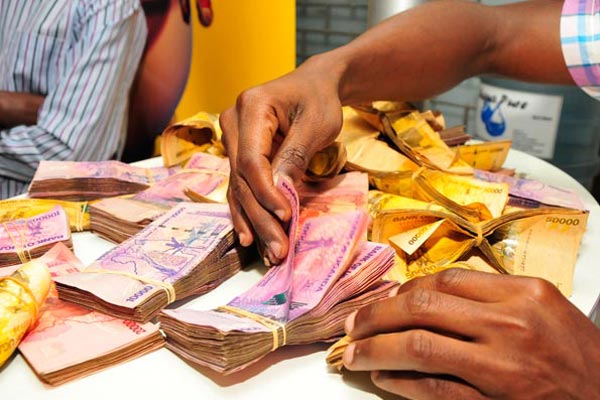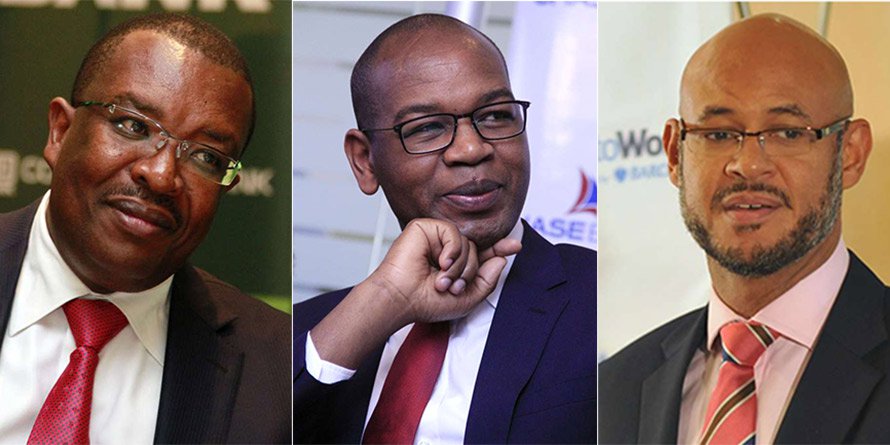By Denis Jjuuko
Africa is supposed to be the next frontier — a growing population, a somewhat favourable climate, and natural resources that make the continent perhaps the richest in the world. The weather and abundance of mineral resources led to the invasion or scramble for Africa by mainly Europeans, while its population provided the slaves that built America.
When the colonialists ‘packed their bags’, they left a continent in peril with weak leaders who are happy to misgovern it and invest in Europe. Almost all African leaders today have investments in Europe and America and of recent the Middle East. They also regularly check into European and American hospitals for the smallest of illnesses. The president of Nigeria, Africa’s biggest economy, spent an enormous amount of time being treated in the Middle East. The one of Cameroon lives in Europe and visits Cameroon a few times a year!
Members of Africa’s first families are some of the richest in the world — not because they work so hard but they have put their fingers in the public purse. Africa’s story is of poverty everywhere, regardless of the mineral and natural resources wealth. The Democratic Republic of Congo is perhaps the richest country in the world given its mineral and natural resources. The roads are impassable to the extent that poor Uganda is now the one funding the construction of roads in the eastern part of the country.
Armies from Africa perhaps working as proxies for foreign rent-seekers at one time had made the Congo its battleground and foreign armies fought and installed an incompetent Laurent Kabila in power after which they started fighting each other.
The world’s longest-serving dictators are in Africa and those who want to replace them have to do so through rebellion leading to the death of millions of people and creating generations of poor people.
This has a long term effect on the economy. We love to sing about Africa’s industrialization and I am guilty here as I advocate for it all the time. However, we have not created an environment through which businesses can thrive. A story is told of a multinational tyre company which set up a plant in Congo so it could make its product near the source of raw materials. As soon as the factory was up and running, war broke out, leading to loss of revenue. The investors vowed never to return to Africa.
So instead of creating factories that can employ our youth and they get out of poverty, the raw materials are exported to safer places where businesses can thrive. For Africa to develop, there is a need to think about governance and create a predictable environment that can make people invest their money without wondering what will happen next.
Many of Africa’s rulers organize elections every few years. The period around elections is the tensest. Countries invest enormous amounts of money preparing to disperse crowds that opposition candidates draw. To have presidential ambitions is a crime. To support opposition candidates is a crime. Watching protesters from your office window attracts a bullet. Armies, militias, and police shoot and kill people for expressing their views. Politicians from ruling governments go to press conferences and chest thump about killing unarmed civilians.
Apart from arms dealers and tenderprenuers, this kind of lawlessness makes genuine investors look elsewhere. When Africans make a little money, they think of investing it outside the country where they feel that their investments can survive the chaos that we see in Africa today.
Multinational lenders to the private sector only lend money to African businesses such as banks at very high rates because of our poor credit rating. In turn, banks on-lend this money to us at very high rates making it hard for us to grow. It is challenging to make money when the capital is borrowed at upwards of 20%.
There are many business people today who have scaled down saying they don’t want to die working for banks paying off the loans. They rather remain small than becoming so huge while many of those who are ambitious end up being foreclosed. Some business people have died of heart attacks.
If we want Africa’s economy to grow, we need to think of governance so that businesses can make long term plans without any fear. In his book, Uganda:7-Key Transformation Idea, Katikkiro Charles Peter Mayiga dedicated an incredible amount of time on this. Good governance is something we need to embrace to develop.
The writer is a communication and visibility consultant. djjuuko@gmail.com





